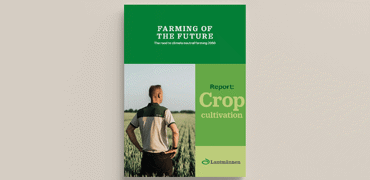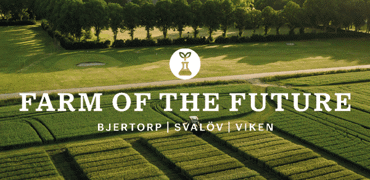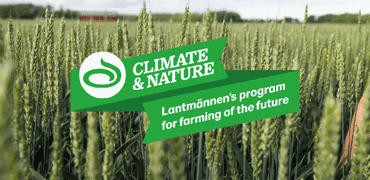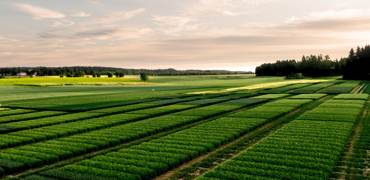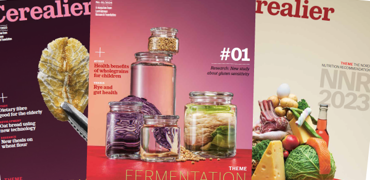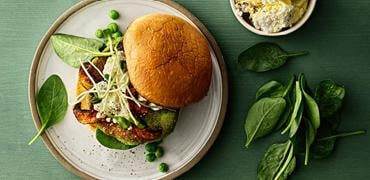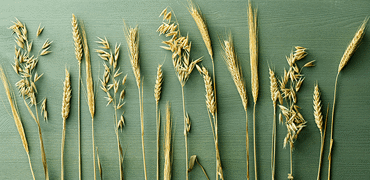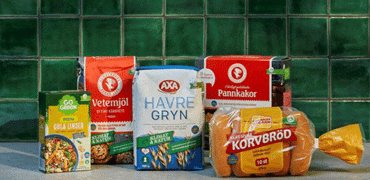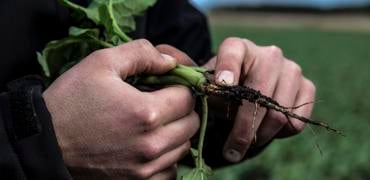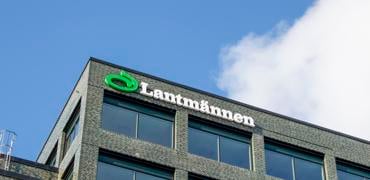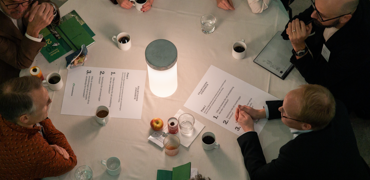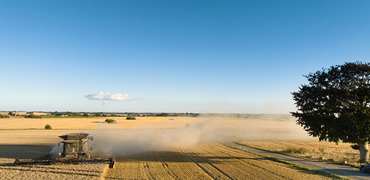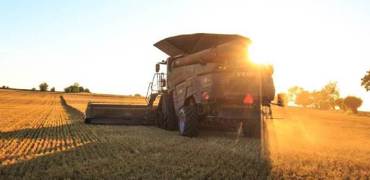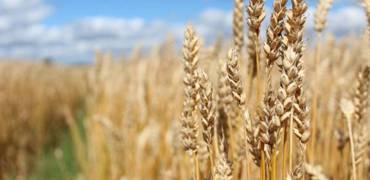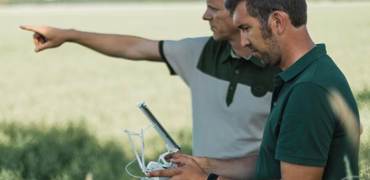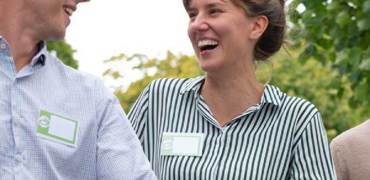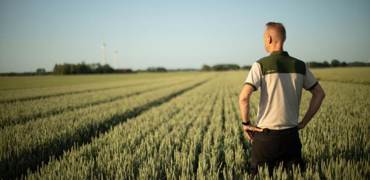Robust food systems
The effects of the Coronavirus have shown our vulnerability from a short term planning perspective. In our sector, long-term thinking goes with the territory. What is going to be stacked on store shelves tomorrow as a product to buy needs to have been planned at least one year before.
Over the last few weeks, Lantmännen members have been busy with spring cultivation that will become food products that reach consumers from autumn 2020 and in 2021. In the case of special crops, orders are already being placed for the 2021 harvest. If we look at the climate issue, we need to plan all the way to 2030 and from there to 2050. Robust food systems are crucial in enabling such long-termism.
By robust food systems, I mean systems where people see the big picture and where there are strategies across the entire value chain, that contribute to a common target when it comes to financial, environmental and social sustainability issues. From the extraction of commodities all the way to the food that is consumed in homes and restaurants. Those of us in Sweden and the Nordic region have a great deal to gain from creating a common target for contributing to sustainable food systems that will benefit the environment, productivity and purses. We describe our thinking at Lantmännen in our report Farming of the Future.
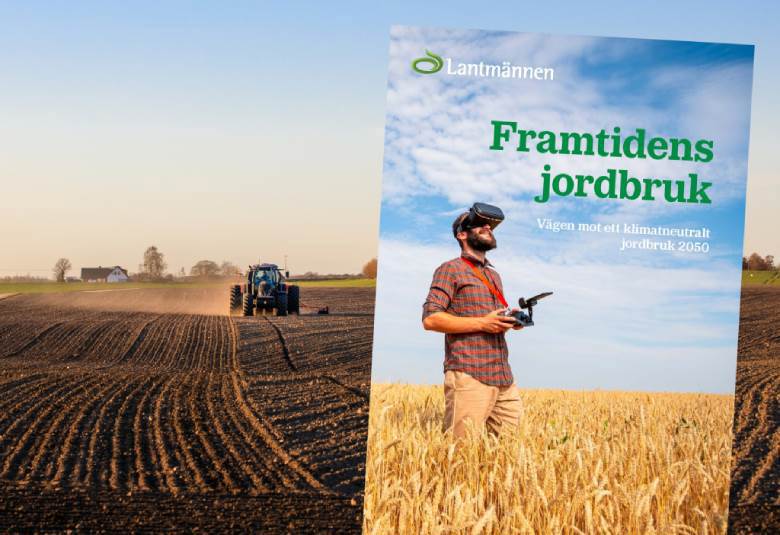
Food is intimately connected with human life, health and well-being. We need nutrition every day and we meet and socialise over food. However, our connection with food production has gradually become depersonalised since the latter part of the 20th Century and up to today. Technological developments and automation have increasingly distanced us from the origins of food and the work that goes into the production of food. The industrialisation of food production has been important in making this energy efficient and more productive, and ensuring the food itself is safe to eat. However it has also led to many of us taking access to food for granted. Respect and concern for where food has come from, how it has been produced and the associated impact, have increased in recent years, which is good. People care about the food they eat and this gives us a positive starting point in creating even more sustainable food chains.
The importance of building robust systems for secure food supplies becomes even more apparent during a crisis, perhaps. We saw plenty of empty shelves in food stores in the spring. But the problems did not last particularly long. Thanks to a well-functioning system with pasta production in Sweden, we were able to restock the pasta shelves quickly again. In March, we heard Sweden’s Minister for Rural Affairs unequivocally state that the food chain was essential for society, words that were both true and welcome.
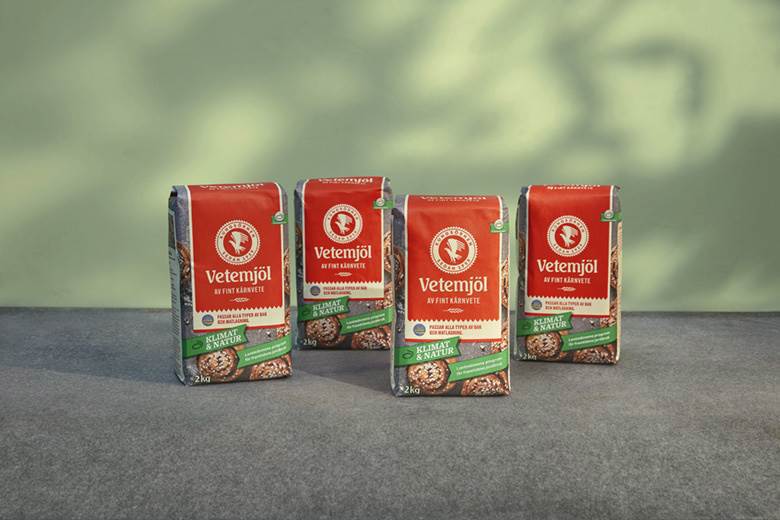
Having robust food systems means we can take greater responsibility for resilience and environment-related sustainability together throughout the chain. Up to now, a great deal of responsibility has been placed on consumer shoulders to define their demand; otherwise the reset will not have succeeded. At Lantmännen, we are working to increase choice, to making our communication to consumers clear and enabling sustainable choices. This choice can stimulate demand instead of the reverse. We are working to make wide-ranging changes, such that sustainable products do not remain a niche category but that have a big impact on the cultivation chain.
Our assessment is that many are willing to pay a bit more when their favourite products become even more sustainable.
We at Lantmännen are keen to encourage more cooperation with retail and suppliers on these issues. Together with our customers, we are establishing partnerships for joint initiatives. One example is our partnership with Polarbröd, actively driving sustainability. They have been involved in the development of cultivation programmes for sustainable farming of the future since the beginning. By sourcing flour from more sustainable cultivation, Polarbröd has invested in sustainable solutions, which lead to lower climate emissions and other farming related environment impact in Sweden. Oatly also joined us on this journey in 2018, and buys oats from growers that farm in accordance with the programme for increased sustainability.
We also have our own consumer products in Kungsörnen wheat and rye flour grown in accordance with the Climate & Nature concept. More products grown in line with Climate & Nature will appear in the future. The programme is being developed all the time with new sustainability criteria that drive development towards the sustainable farming of the future. We are looking for partnerships with more customers that, together with retailers and consumers, will enable even more investments in agriculture. And building common, robust food systems.
Having robust food systems means we can take greater responsibility for resilience and environment-related sustainability together throughout the chain.






